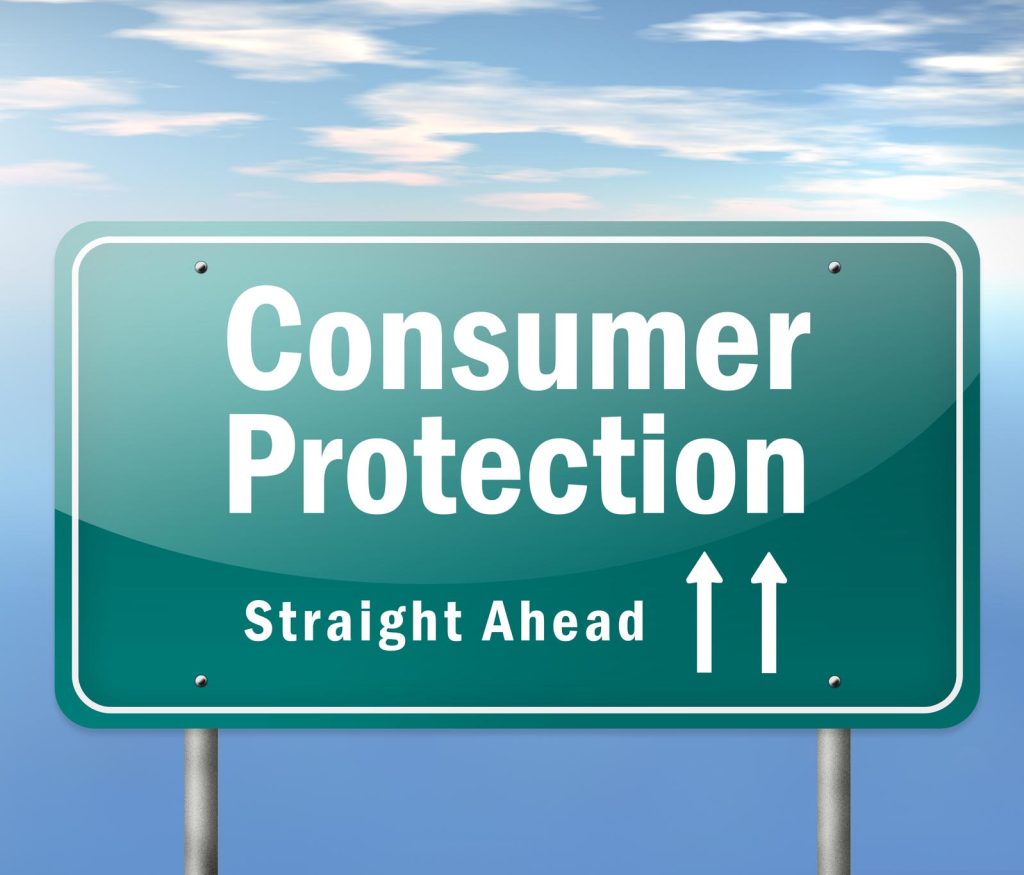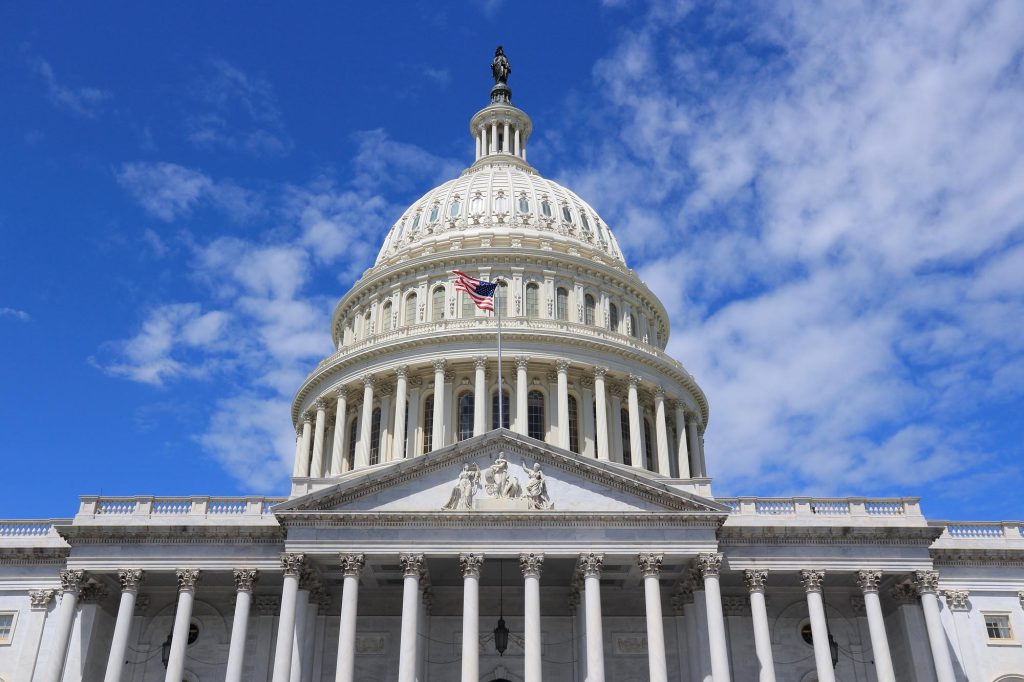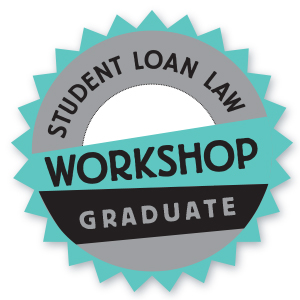Have you checked your email lately? If not, you may be surprised to find an email from President Joe Biden in your inbox. You could be one of the 800,000 borrowers who receive student loan forgiveness.
Student Loan Forgiveness Corrects Past Errors
This forgiveness does not affect a new segment of federal student loan borrowers. It is part of President Biden’s plan, announced in the Summer of 2023. It is the result of an investigation into a popular federal student loan program. Even if you aren’t in this group, you can still get into a repayment plan that ends in forgiveness.
An income-driven repayment (IDR) plan is intended to help borrowers repay their student loan debt by lowering monthly payments. It also offers student loan forgiveness when borrowers meet the program requirements. However, it looks like mismanagement by student loan servicers, which are contractors of the Department of Education, may have resulted in broken promises for student loan cancellation.
The National Consumer Law Center (NCLC)
The National Consumer Law Center (NCLC) is a nonprofit organization based in the United States that focuses on consumer protection and consumer law. The NCLC began in 1969. It advocates for and represents the interests of low-income and vulnerable consumers in legal matters. Key aspects of the National Consumer Law Center include:
- Legal Advocacy – The NCLC engages in legal advocacy to protect consumers from unfair and deceptive practices. They often work on issues related to consumer housing, utilities, financial protection, and other areas affecting consumer rights.
- Litigation Support – The organization often collaborates with attorneys and organizations to address legal challenges that have broader implications for consumer rights. They may provide support in consumer-related legal cases, including litigation assistance.
- Legal Resources – The NCLC provides attorneys, consumer advocates, and policymakers extensive legal resources, including publications, manuals, and guides. These resources focus on assisting in the understanding and application of consumer protection laws.
- Policy Analysis – The organization conducts in-depth policy analysis related to consumer protection issues. This involves researching and assessing legislation and regulations that impact consumers and providing recommendations for improvements.
- Education and Training – The NCLC offers training programs and educational initiatives to empower attorneys, consumer advocates, and organizations working on behalf of consumers. This includes workshops, webinars, and other educational resources.
- Collaboration and Networking – The NCLC collaborates with other consumer advocacy groups, legal aid organizations, and policymakers to promote effective consumer protection policies and practices.
The NCLC has played a significant role in shaping consumer protection laws and policies in the United States. Its work focuses on ensuring fair and just treatment for consumers, especially those who may be economically disadvantaged or facing financial hardships. It is their investigation and analysis that was paramount to the latest student loan forgiveness for tens of thousands of student loan borrowers.



Program Management Failure by Student Loan Servicers
More than 8 million borrowers are enrolled in one of the income-driven repayment plans developed by the Department of Education. The goal is to help lower monthly payment amounts and allow for student loan forgiveness or cancellation after 20 to 25 years of payments. These plans began more than 25 years ago, which means that by now, at least thousands of people should have received student loan forgiveness. In actuality, only 32 out of 2 million borrowers who have been repaying their loans for at least 20 years have achieved student loan forgiveness.
Yes, you read that correctly. Due to the failure of the Department of Education, only 32 borrowers have received student loan cancellations.
Widespread Industry Abuse Denied Student Loan Forgiveness
As part of the NCLC investigation it appears that despite lawsuits and regulatory actions, the Department of Education may have ignored the problem. This sabotaged the success of the IDR programs in several ways:
- It seems that instead of encouraging borrowers to take part in an IDR program, servicers put them into forbearance, which is a high-cost repayment option.
- More than half of the borrowers didn’t meet annual recertification deadlines due to deceptive communications. Recertifying income is a critical requirement for IDR.
- Widespread abuses of the program include servicing errors, inaccurate denials, insufficient information, lost paperwork, and unlawful processing delays.
As a result of the servicer’s actions, not only do borrowers end up with unaffordable payments, but the time that loans are in forbearance doesn’t count towards the 20 to 25 years of eligible payments. This means you might not achieve student loan forgiveness.
The First Step Toward Student Loan Debt Relief
The way the Department of Education calculates student loan payments has been adjusted to correct past errors. The current student loan forgiveness lauded by the Biden administration is a result of this recalculation. Officials will forgive nearly $40 billion in student loan debt for borrowers who have been repaying their loans for at least 20 years. The errors affect people with Federal Family Education Loans and Direct Loans held by the Education Department.
Student Loan Lawyers Work for You
The Federal Student Aid site (studentaid.gov) is a consumer site meant to help borrowers determine their options and make cogent decisions. Unfortunately, it’s not easy to understand. In addition, there may be alternatives available that you don’t consider because you are unaware that they apply to you. Even if you read through the entire Federal Student Aid site, you still might not have all the information you need to make the best decision for your current and future finances. The employees who answer questions at the student loan servicers are trained to help, but in the best interest of the organization, not necessarily you.
Trained student loan lawyers know the law and understand policy. They stay up-to-date on current court rulings and often work as part of a larger network. Student loan lawyers also typically practice in other areas, such as bankruptcy, estate planning, and family law. An attorney can help you determine which programs can help you the most and understand how they affect your financial future. If they offer a free review, you’ll know if they can help you before your first meeting.
Find a Student Loan Lawyer Near Me
Properly trained student loan lawyers typically have the student loan law professional seal on their website. These attorneys have been trained by The Student Loan Lawyer, Joshua Cohen. He has been practicing student loan law exclusively since 2008 and has trained attorneys practicing nationwide. Find a student loan lawyer near you today!

